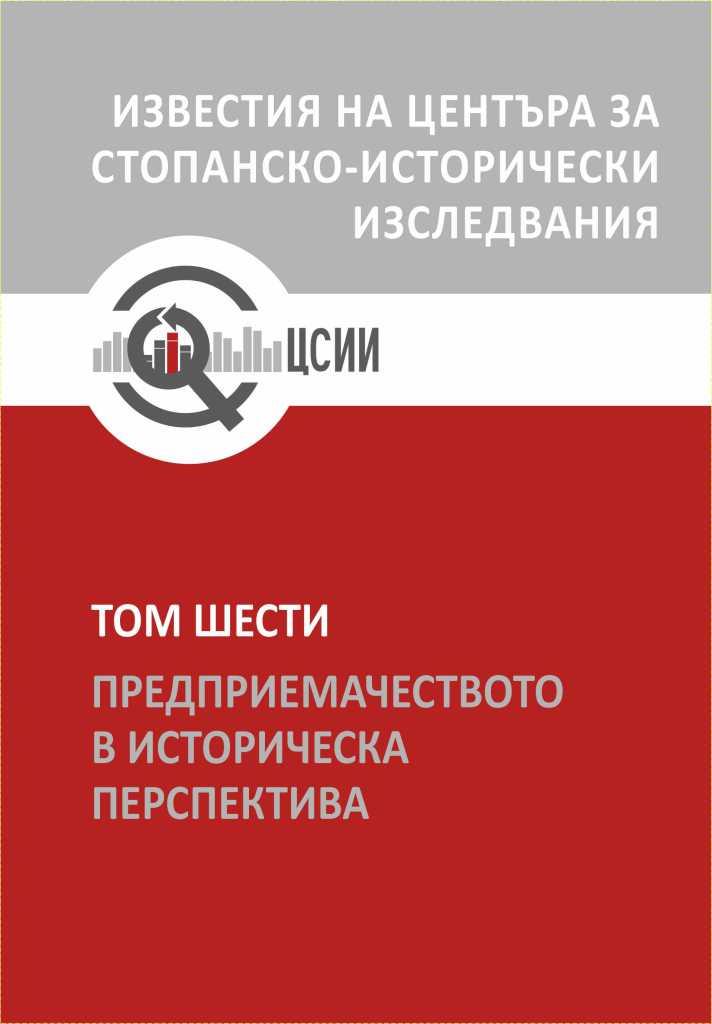Примери за парични фондации в Русе и Търново (XVII–XIX в.)
Examples of Cash-Waqfs in Ruse and Turnovo (17th –19th Centuries)
Author(s): Ayşe KayapınarSubject(s): History, Economy, Business Economy / Management, Economic history, Local History / Microhistory, 17th Century, 18th Century, 19th Century, Financial Markets, Marketing / Advertising
Published by: Център за стопанско-исторически изследвания
Keywords: Balkans; Nothern Bulgaria; Rusthcuk; Turnovo; Waqfs
Summary/Abstract: The waqf institution played an important social and economic role in the Ottoman Empire. In principle, waqfs are based on real estate capital. The cash-waqfs were known in the Ottoman Empire until 15th c. and they became popular after some debates in the 16th c. They spread exclusively in the European and Anatolian provinces of the Empire. The practice of establishing monetary endowments during the Ottoman period was also observed in the Bulgarian lands. One of the main sources that provide information about the founders of cash-waqfs, the conditions of establishment and activity of these waqfs are the foundation charters (vakfiye). In this study examples of cash-waqfs from Ruse and Turnovo will be examined. The example of such a waqf from Ruse is from 1697/1698, while the Turnovo waqfs date from 1812 to 1851. The sources used to treat the topic are two defter-collections of foundation charters (vakfiye). The idea is to study the purpose of endowed мoney.
Journal: Известия на Центъра за стопанско-исторически изследвания
- Issue Year: VI/2021
- Issue No: 1
- Page Range: 203-224
- Page Count: 22
- Language: Bulgarian

